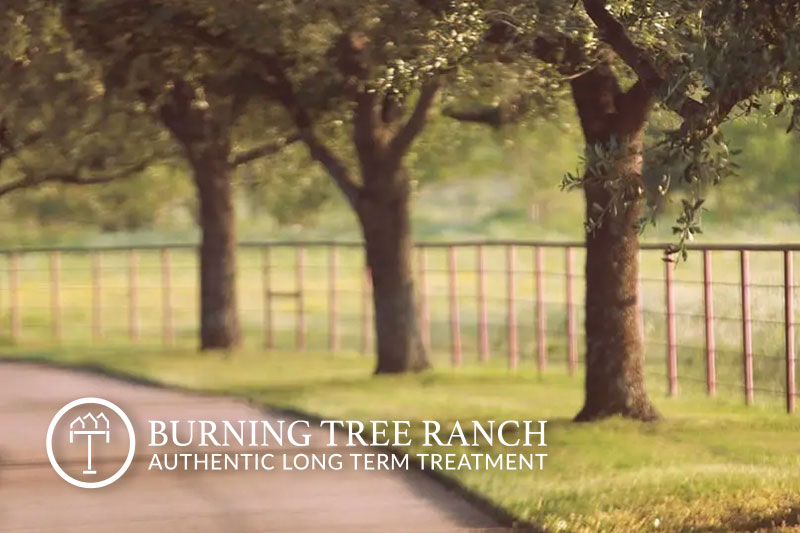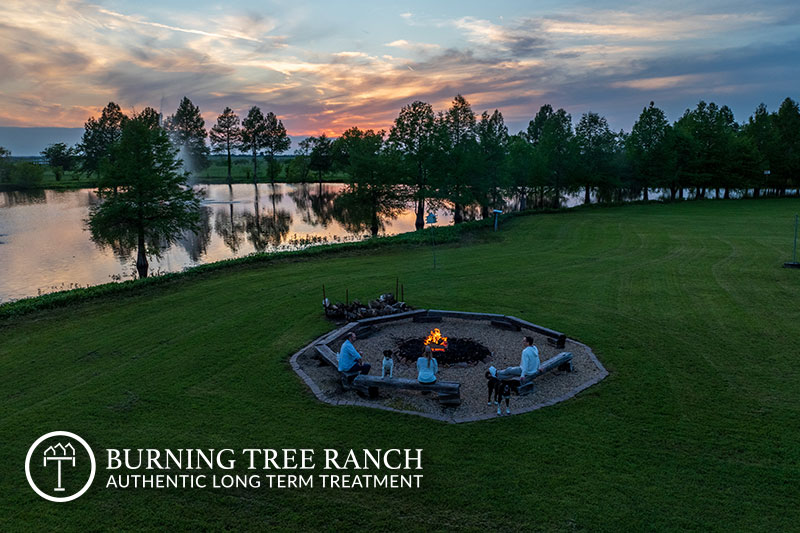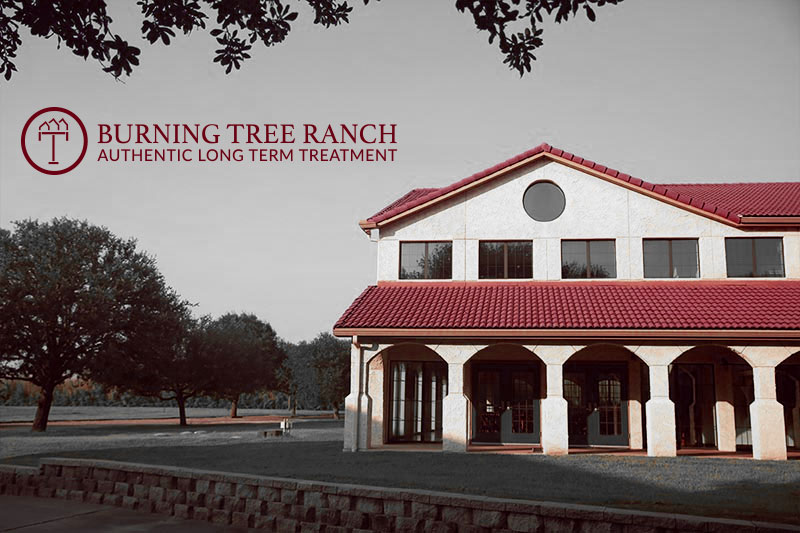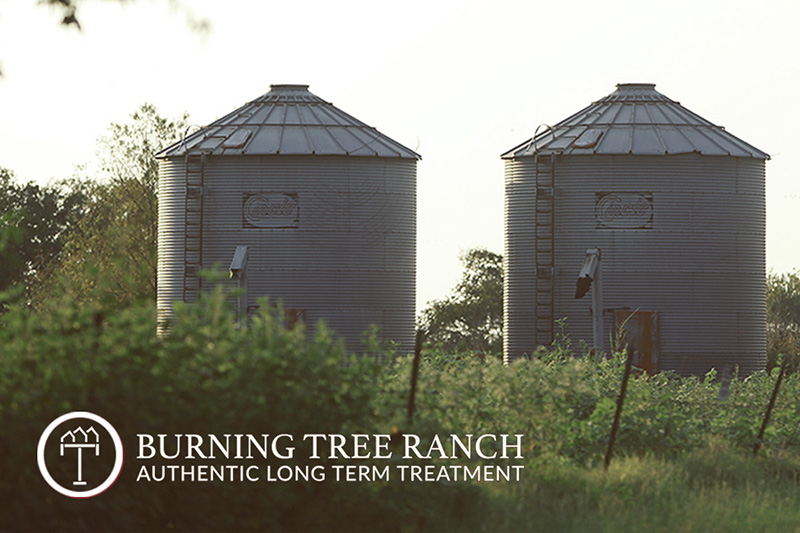Why Do Medical Professionals Trust Burning Tree?
Because chronic addiction can cause severe health complications or even lead to death.

When Should You Consider Referring to Long-Term Treatment?
A patient may need long-term care when you observe:
- Recurrent health issues tied to substance use (e.g., liver disease, infections, overdose)
- Co-occurring mental health disorders complicating recovery
- Poor outcomes from short-term detox or rehab
- High-risk behaviors such as impaired driving or unsafe sex
- Verbal acknowledgment of the need for help, even if conflicted
These signs call for more than outpatient referrals or prescriptions—they require a structured, sustained environment where recovery is possible.


What are the Red Flags You Might See in Your Patient?
Clinical indicators may include:
- Chronic health deterioration due to prolonged substance use
- Psychiatric instability such as anxiety, depression, or suicidality
- Behavioral red flags, including erratic behavior or functional decline
- Withdrawal symptoms noted in visits or hospital stays
- A patient history of relapse or failed treatment attempts
How Can Medical Professionals Ethically Support Patients in Crisis?
As a medical professional, your role includes:
- Recommending the appropriate level of care based on patient needs
- Explaining the risks of untreated addiction in clear, compassionate terms
- Coordinating care across disciplines , including mental health and addiction providers
- Advocating for access when families face systemic or financial barriers
- Following up with referrals to ensure continuity and accountability
This is not a handoff—it’s a critical step in long-term recovery.
“Medical professionals who refer to Burning Tree Ranch aren’t just treating symptoms. They’re interrupting a fatal pattern—and helping a family reclaim hope.”
Brook McKenzie, LCDC
CEO, Burning Tree Programs

Why Do Medical Professionals Refer to Burning Tree?
Burning Tree Ranch offers the nation’s only long-term residential program specifically designed for chronic relapsers and co-occurring disorders. We provide:
- 8–14 months of inpatient treatment, with dual-diagnosis support
- 12 months of structured aftercare
- Close coordination with referring professionals
- Confidential support for families and care teams
We serve patients who do not get well anywhere else and walk with them for the long haul.


How Can You Help Motivate Patients to Change?
Patients and families often look to you for clarity. Your influence matters. You can help shift resistance into readiness by:
- Outlining the health benefits of treatment, such as increased life expectancy or disease management
- Educating patients on the consequences of avoiding care
- Sharing anonymized success stories from other patients
- Involving family members as part of the treatment conversation
- Setting collaborative health goals tied to sobriety and stability
How Can You Create Leverage That Can Save Lives?
In some cases, you may need to integrate leverage into your care strategy:
- Conditioning continued medical interventions (like surgery or pain management) on engagement with addiction treatment
- Using comorbid conditions (diabetes, heart disease, psychiatric risk) as a rationale for treatment urgency
- Referring directly to reputable long-term centers and helping families understand the process
- Maintaining accountability through follow-up care and progress checks
When handled with compassion, leverage is not coercion—it’s care.

Refer With Confidence

If a patient’s health is being destroyed by addiction and short-term care has failed, we’re here to help.
Have a referral?
I’d be happy to help.
Call or submit an inquiry, and feel free to request me directly.
Brook McKenzie, LCDC
CEO, Burning Tree Programs
“Burning Tree not only saved my sons life they gave him a life we could have only imagined. It was his last chance since all other programs had failed. Our lives had been a living hell. They educate the entire family and you will never find a more understanding or compassionate group of people dedicated to your loved ones recovery.”
Lisa M.
Family of Burning Tree Alumni
Have a Referral?
If you suspect a client is facing a crisis bigger than balance sheets, we’re here to help. Confidentially, ethically, and without pressure.